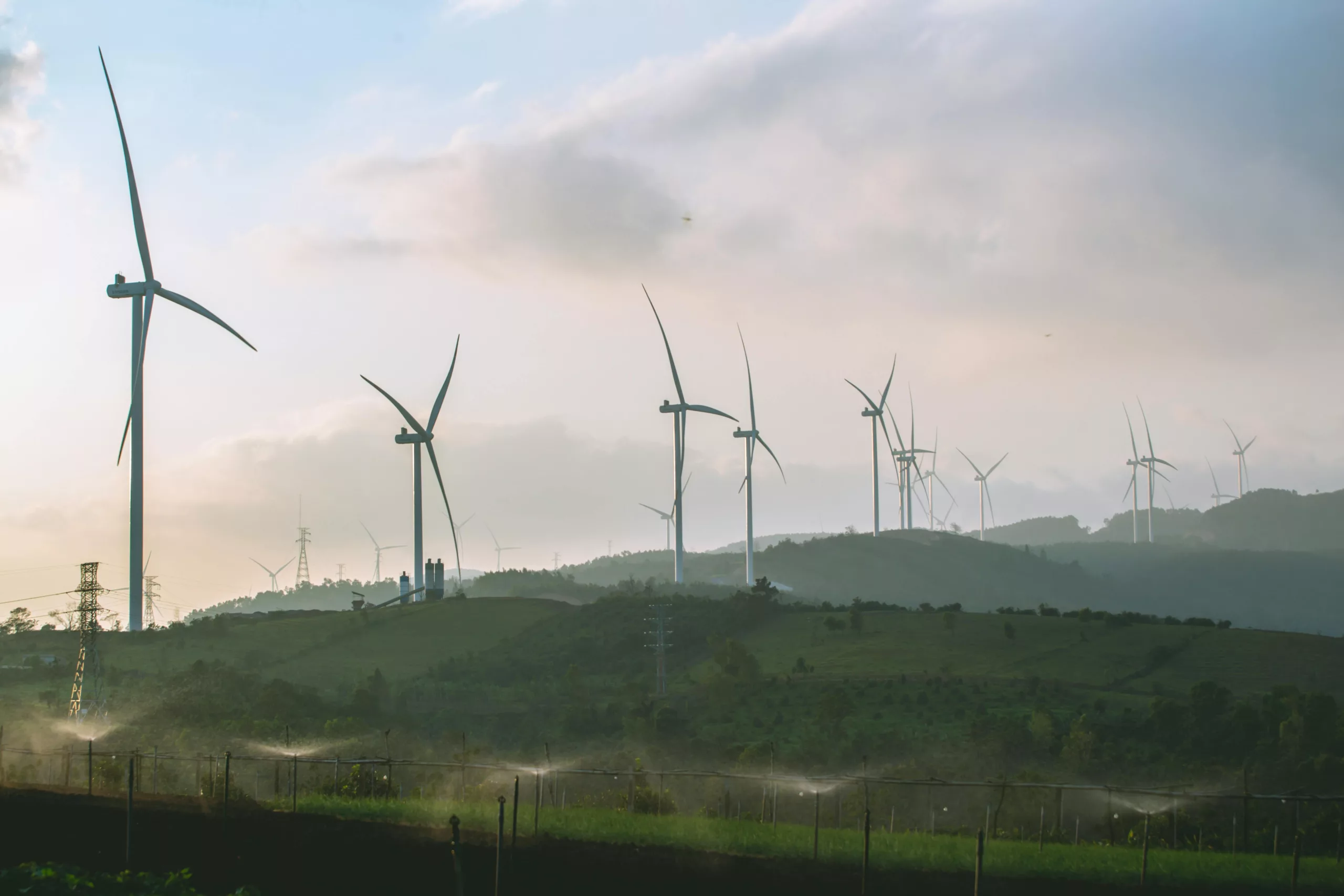The U.S. Department of Energy’s (DOE) Clean Energy to Communities (C2C) program has been a catalyst for local governments, utility companies, community-based organizations, and key decision-makers eager to usher in a new era of clean energy. By leveraging advanced modeling and testing tools from DOE’s prestigious national labs, the C2C program has proven to be a crucial resource.
Marking a significant milestone, the National Renewable Energy Laboratory (NREL) released the program’s first annual report. This document showcases the transformative influence of C2C on over 200 communities nationwide, providing them with support that spans from foundational advice to aid for specific projects.
Furthermore, DOE has committed to boosting this momentum by announcing fresh funding avenues, an expansion of technical assistance offerings, and innovative opportunities for collaborative learning within the C2C initiative.
C2C’s Invitation for New Partnership Proposals
NREL is opening its doors for new proposals, seeking to foster 2-4 in-depth community partnerships. Eligible teams—comprising local government bodies, electric utilities, and community-based organizations—can now apply to develop bespoke decarbonization strategies.
Selected communities will engage in multi-year collaborations with national lab experts, who will aid them in gaining a deeper understanding of clean energy strategies, modeling them accurately, and evaluating their potential implementations. This partnership aims to tackle a variety of sectoral challenges, such as those in renewable energy, mobility, grid infrastructure, and building management.
Winning teams can expect up to $500,000 in subcontracted funds and an additional offering of technical assistance valued at up to $3.5 million from one or more national laboratories. These resources are earmarked for use toward staffing needs, community engagement efforts, and investment in clean energy infrastructure or technologies.
For those interested in this opportunity, an enlightening webinar is scheduled for April 18 at 1 p.m. ET, with the application deadline on June 14.
Previous in-depth partnerships have seen successful projects, such as the support for an Alaskan utility’s shift from coal to renewable sources. Other notable ongoing collaborations include diverse locations like Chicago, Colorado Springs, the Delaware Valley, Moloka’i, Pittsburgh, and Sitka in Alaska.
Join the New C2C Peer-Learning Cohorts
The latest invitation to participate in C2C’s peer-learning cohorts was recently announced by NREL. In this segment, 10 to 15 communities will engage from July to December 2024. They will share strategies, digest best practices, and consult with experts from the national labs on topics such as enhancing residential energy efficiency, transitioning to electric municipal fleets, and implementing agrivoltaics projects.
An additional webinar is scheduled for April 10 at 1 p.m. ET for those interested, and the call for applications will end on April 30.
Previous peer-learning cohorts have paved the way for remarkable progress, including Cook County’s electrification strategy for EV charging, Little Rock’s clean energy blueprint for 2030, and the San Diego Association of Governments‘ community engagement improvements for clean energy projects.
Continuous Opportunities for Short-Term Technical Assistance
C2C’s Expert Match program is an ongoing service offering between 40 and 60 hours of custom technical aid. Designed to help local governments and various groups with immediate energy challenges, applications are welcomed continuously.
Highlights from Expert Match collaborations include projects like partnering with the Black Farmers Collaborative to investigate agrivoltaics in Southeastern U.S. farms, studying the viability of floating solar installations in Cohoes, New York, and appraising strategies for achieving net-zero operations in regions like Washtenaw County, Michigan.
DOE’s Office of Energy Efficiency and Renewable Energy has funded the C2C program, with NREL at the administrative helm. Collaborative efforts also include Argonne National Laboratory, Lawrence Berkeley National Laboratory, Oak Ridge National Laboratory, and Pacific Northwest National Laboratory, with the World Resources Institute contributing to the Peer-Learning Cohorts.
